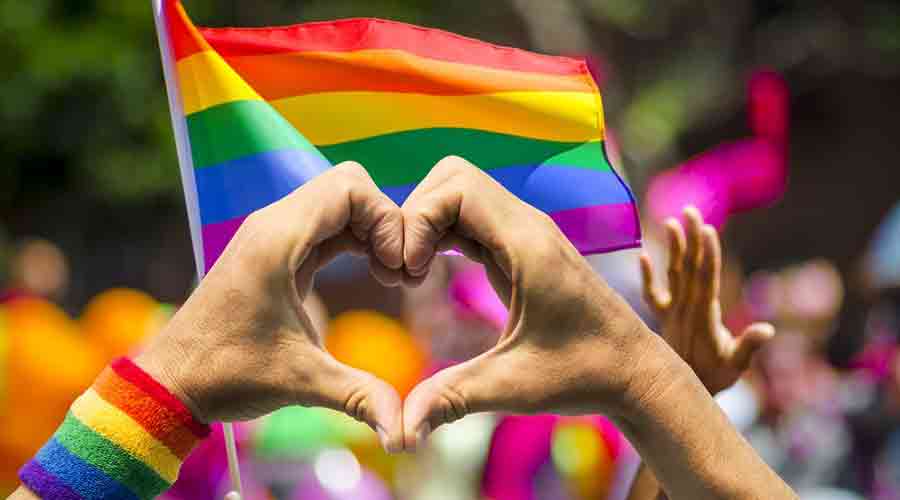A petition was filed in the Delhi High Court, arguing that same-sex marriage should not be permitted in the Hindu Marriage Act as it would be an “intrusion by secular state into the religious right of Hindus”. This petition comes at a time when a number of petitions are pending with the Delhi High Court seeking legalization of same-sex marriage under various legislations, including the Hindu Marriage Act, Special Marriage Act and Foreign Marriage Act.
The petition argues that according to the Vedas, a Hindu marriage can only take place between a biological male and a biological female and this ‘age old harmless belief’ of Hindus must not be interfered with. It also said that such a law must be made religion-neutral but not under the Hindu Marriage Act.
An argument, which is presented time and again against same-sex relationships is that they are against Hinduism and its scriptures. However, this is not entirely true. The Mahabharata, which is revered by Hindus, includes queer characters like Bhangashvana (who lives part of his or her life as a man, husband and father and the rest as woman, wife and mother), Yuvanashva (a man who delivers a son), Brihannala (who loses his manhood for a year) and Chitrangada (who changes her gender to marry Arjun). The Skanda Purana mentions the story of a same-sex relationship between Somavat and Sumedha; they marry after one of them turns into a woman. The argument that queer characters are alien to Hinduism and Hindu scriptures thus appears to be specious.
The Hindu Marriage Act is a progressive law which gives equal status to both husband and wife in most matters. This equality is reflected in the equal right of husband and wife to seek maintenance, alimony, judicial separation and any other relief. The legislation also employs gender-neutral language by using terms like ‘petitioner’, ‘party’ and ‘respondent’, instead of ‘man’ and ‘woman’. Section 5 of the Act provides for the conditions for a valid Hindu marriage with one of the conditions being that the bridegroom must be of 21 years of age and the bride of 18 years. In Arunkumar and Sreeja vs Inspector General of Registration and Ors in the Madras High Court (2019), the issue in consideration was whether the term, ‘bride’, can include a transwoman. The court answered in the affirmative, saying ‘bride’ could include a transwoman and an intersexed person who identifies as a woman. Heavy reliance was placed on the NALSA judgment, which gave legal recognition to the transgender community and prioritized their fundamental rights. This judgment serves as an example on how to re-read terms like ‘bride’ and ‘bridegroom’ to break the shackles of conservatism. It also shows how the recognition of rights in NALSA comes to life when the LGBTQ community is given the opportunity to exercise those rights. Additionally, the judgment also shows that LGBTQ rights can be brought and read under the Hindu Marriage Act.
An analogy can be drawn here between the rights of transgender and homosexual people. The NALSA judgment made it possible for the court to give a wide interpretation to the word, ‘bride’. Similarly, the Navtej Singh Johar and Ors vs Union of India judgment also makes it possible for the court to interpret the existing personal laws to allow same-sex marriages in order to give full effect to the court’s recognition of the rights of the LGBTQ community.
While the judgment in Navtej Singh Johar was historic and ground-breaking, decriminalization of homosexuality is not enough. The legalization of same-sex marriage is the first step in the long, hard battle that can lead to the fruition of the civil rights of the queer community. The battle involves bringing equal rights in other areas of life as well, including adoption, inheritance and employment and, most importantly, gaining respect and acceptance from society.
(Chaaru Gupta is a student at the National Law University, Jodhpur)










